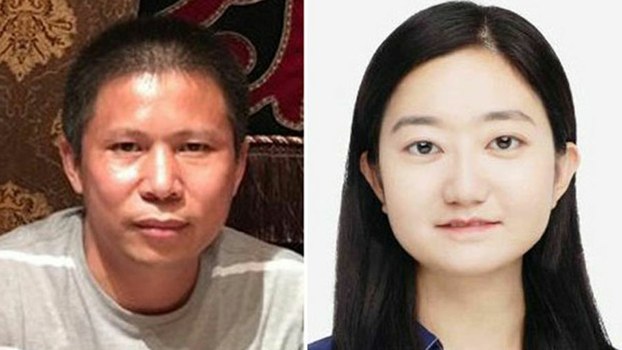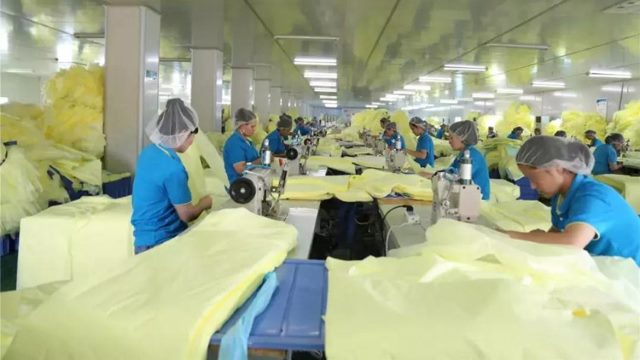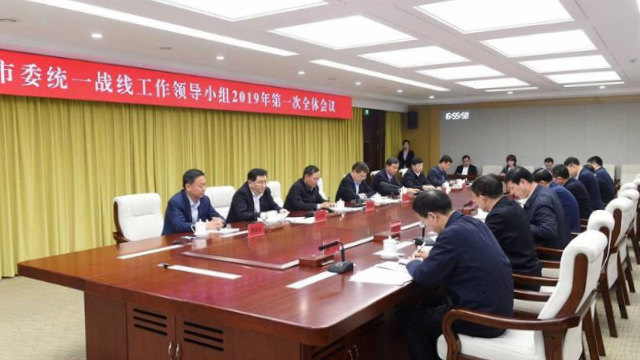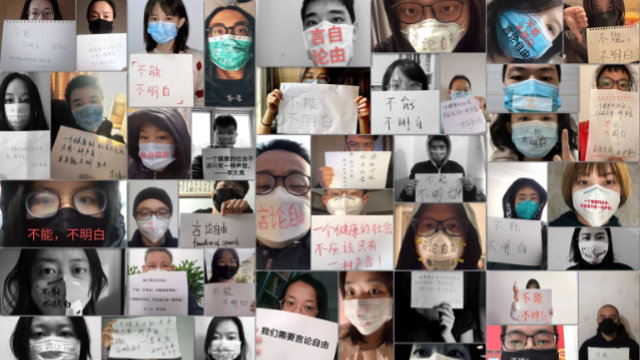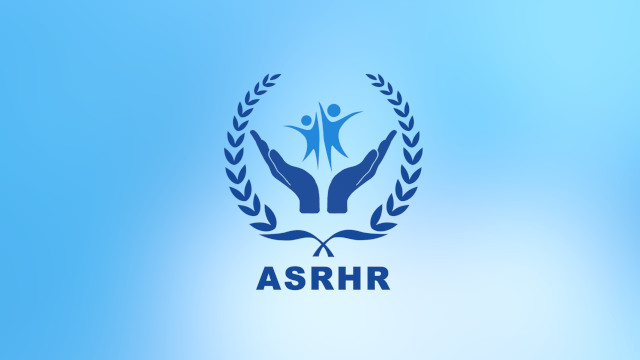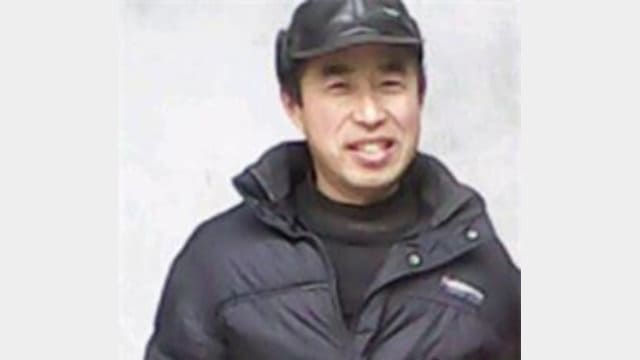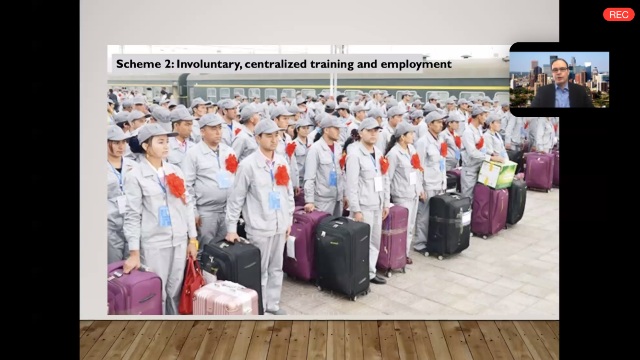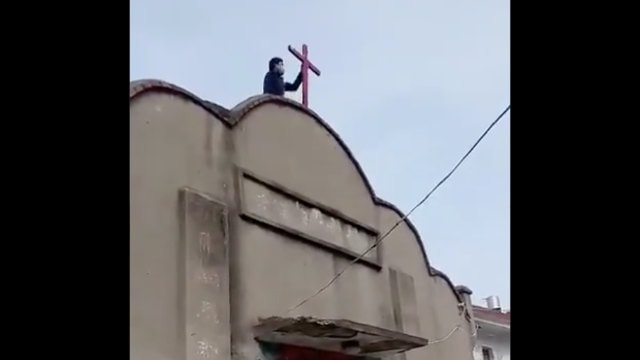A series of new regulations to suppress people of faith of all denominations were adopted last year, followed by unprecedented crackdown campaigns.
The Chinese Communist Party regards all well-organized groups, religious movements in particular, as a threat to its regime. A myriad of policies and regulations introduced in China last year is proof that the authoritarian government is relentlessly suppressing all religious movements, especially those that don’t want to submit to its rule. Therefore, suppression of religions became one of the primary tasks for local governments throughout China in 2019. We present here some of last year’s pieces of legislation, which were aimed at intensifying crackdowns on people of faith.
Religion – an “enemy” for stability
Provision 3 of Article 2 of the Proposal on Strengthening and Improving the Work of the Party Grassroots in Urban Areas, issued by the General Office of the CCP last May, requests to “resolutely resist against hostile forces, xie jiao, and illegal domestic and foreign religious activities influencing and infiltrating lower levels of government. Decisively fight against attempts to weaken and oppose the Party leadership, or disrupt and damage social stability in urban areas.”
Article 15 of the Regulations on the Work in Rural Areas Conducted by the Chinese Communist Party, adopted by the Central Committee of the CCP on August 19, call to “resolutely ban all forms of illegal religious propagation activities and consolidate the power at rural grass-roots levels.”

On January 3, the Central Committee and the State Council issued Suggestions on Adhering to the Priority Development of Villages and Agriculture Industry and Performing the Primary Work of VAP (villages, agriculture, and peasants). Provision 3 in Part 6 of the document demands to “vigorously crack down on the infiltration to rural areas by hostile forces, xie jiao, and illegal religious activities” for the sake of maintaining social stability.
Many policies were aimed at cracking down on religion under the vague pretext of “intervening in public issues in rural areas.”
Similar provisions are found in the Regulations on the Party’s Work on Grassroots Organizations in Rural Areas issued by the Central Committee in January, Article 18 of which call to “resolutely resist illegal religious activities and foreign infiltration.” The same measures are foreseen in the Guiding Opinions on Strengthening and Improving the Governance in Rural Areas, issued by the General Offices of the Central Committee and the State Council in June. Provision 12 in Part 2 calls to “intensify the crackdown on illegal religious activities and xie jiao in rural areas and escalate the rectification of illegally-built religious activity venues and statues in rural areas.”
Provision 1 in Part 2 of the Opinions demands to “decisively purge xie-jiao-associated village officers.” But not only members of the banned religious groups are suppressed: amid the on-going crackdown, many religious people of different denominations have been expelled from the Party. According to Article 31 of the Regulations on the Work of the Education and Management of Party Members issued by the Central Committee in May, religious Party members should be expelled after failed education and transformation.
Building a “civilized” society
The CCP often justifies its crackdowns on places of worship, claiming that religion represents “feudalism, backwardness, and uncivilized society.”
On October 27, the Central Committee and the State Council issued the Implementation Outline of the Moral Construction for Citizen in the New Era. Provision 5 in Part 4 of the document explicitly states that “it is necessary to promote the scientific spirit, popularize scientific knowledge, resist superstition and decaying backward culture and prevent infiltration of extreme religious ideology and illegal religious forces.”

Provision 5 in Part 3 of the Outline of Development Strategy on Digitization in Rural Areas, issued by the General Offices of the Central Committee and the State Council, calls for “publicizing policies on religion through the internet and crack down on non-official religious activities in rural areas.” It also requires to strengthen “network inspections and supervision to stop ‘feudalism and superstitions’ from being disseminated online.”
During the past year, even ancient folk traditions of giving offerings for good fortune, paying respect to ancestors, worshipping the Taoist Jade Emperor, and raising funds to build temples, were declared illegal and subjected to the CCP’s suppression as feudal and superstitious activities.
Source:Bitter Winter/ Sun Kairui

